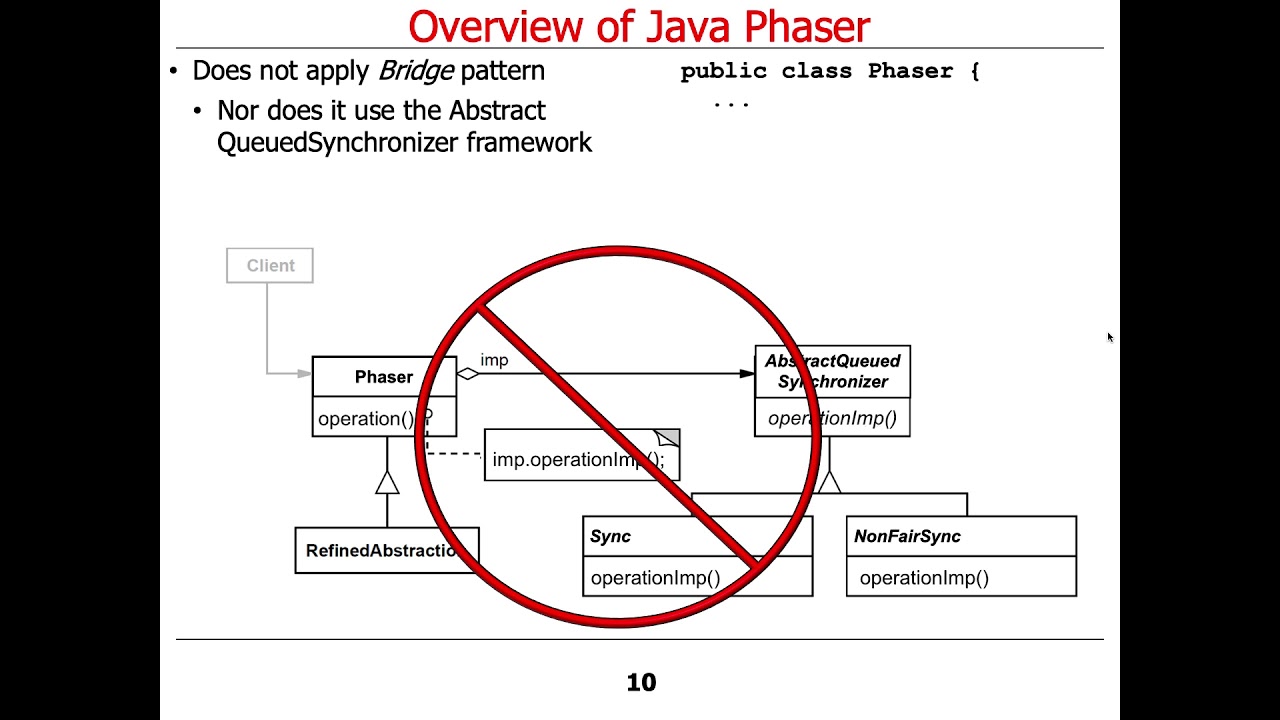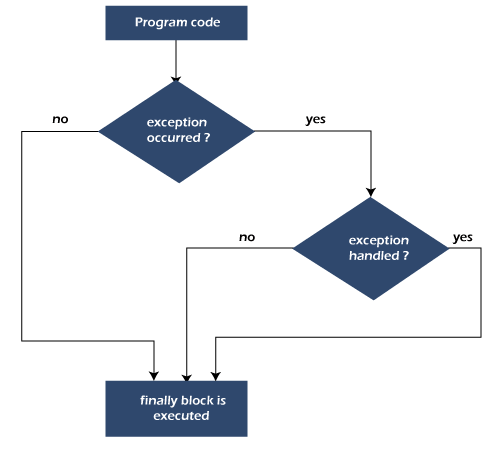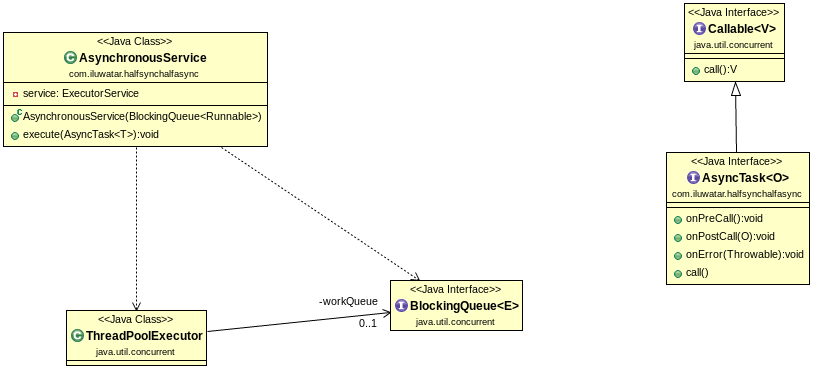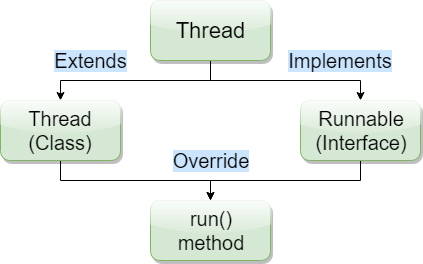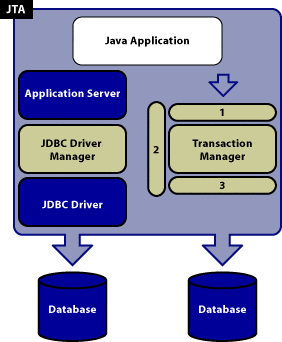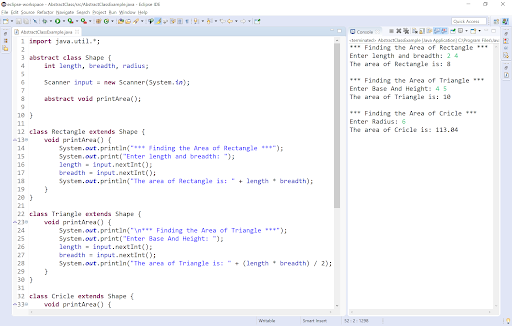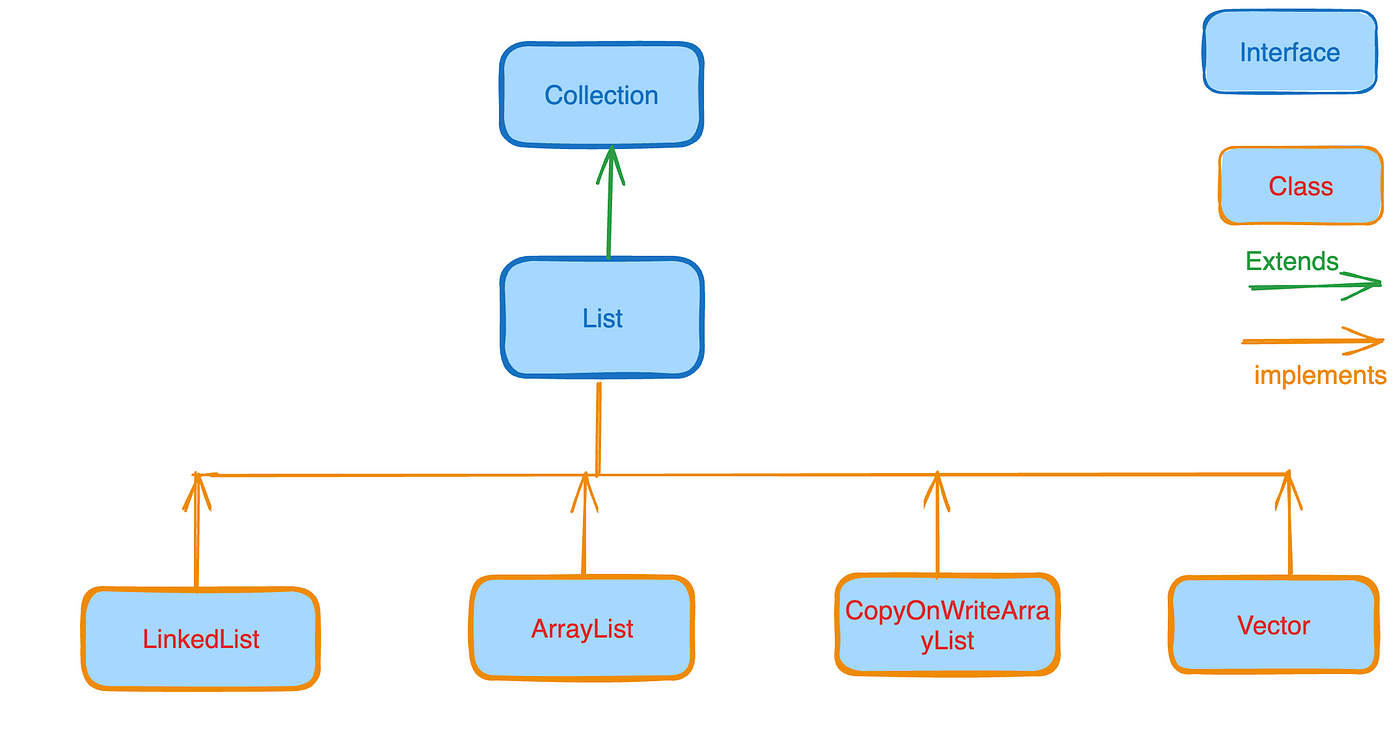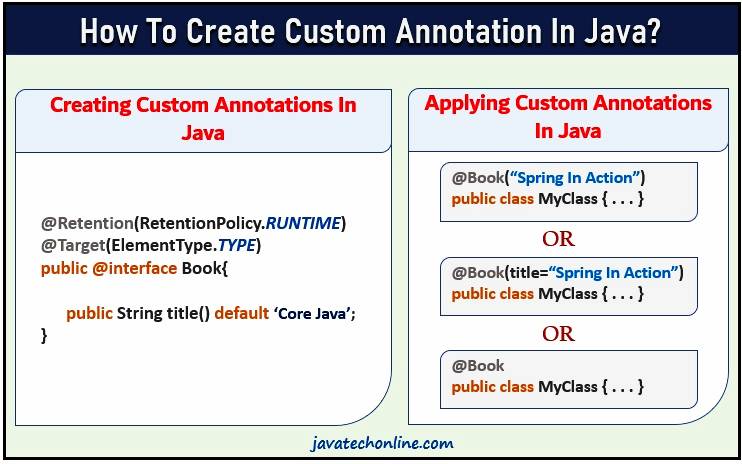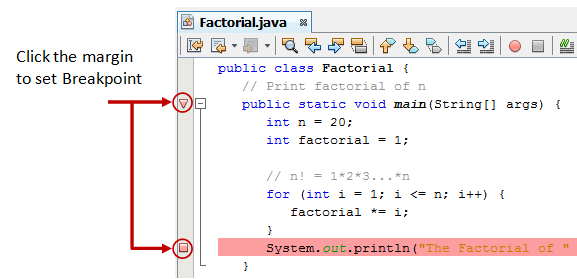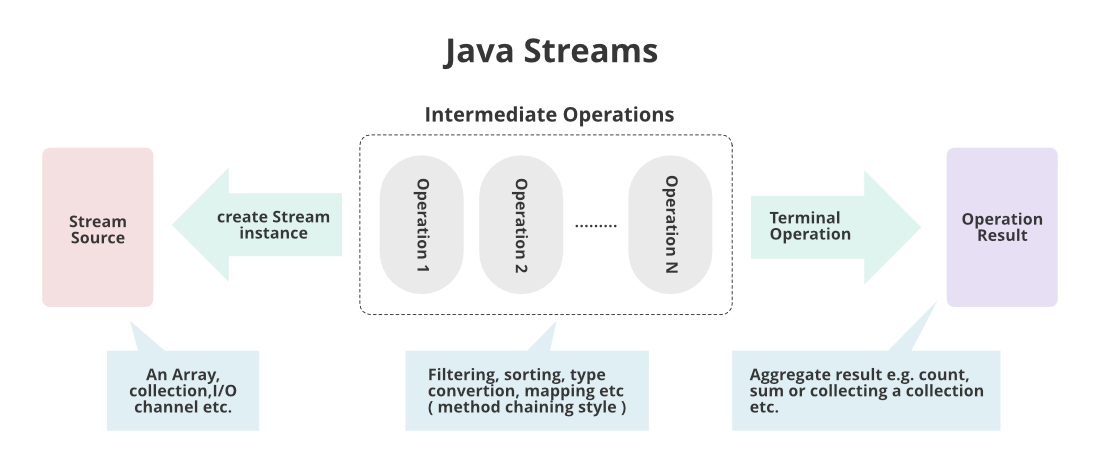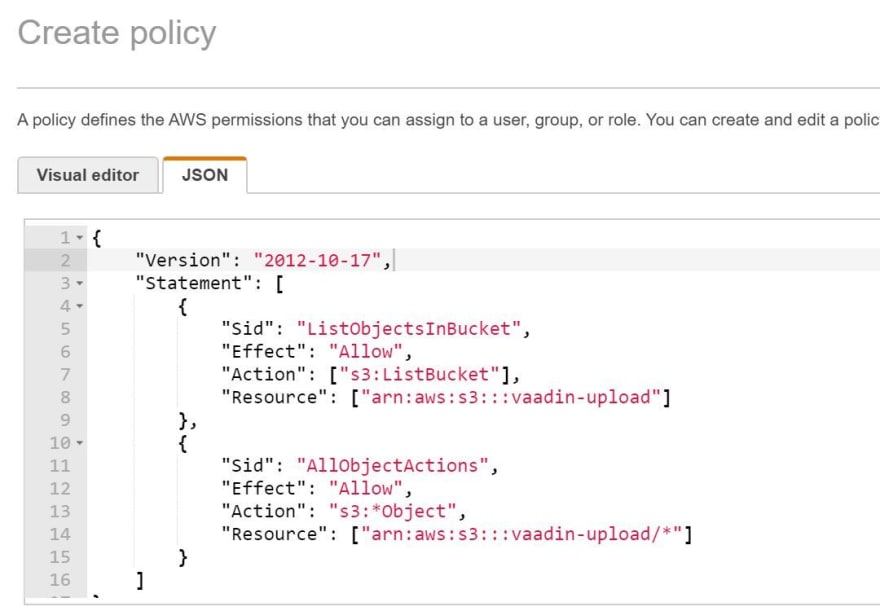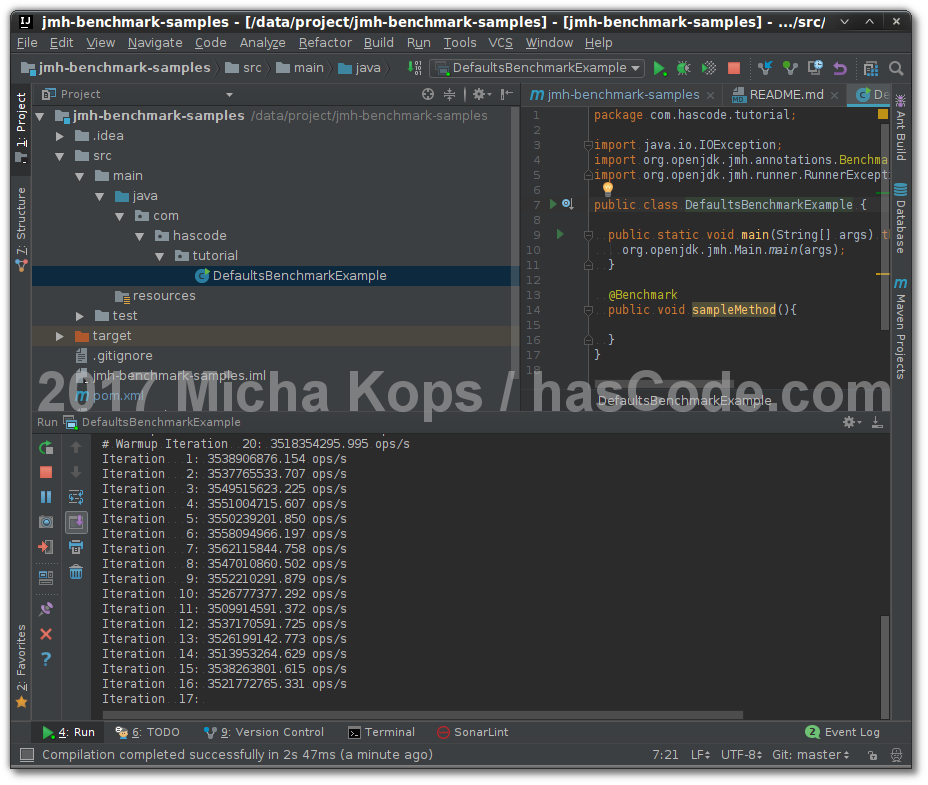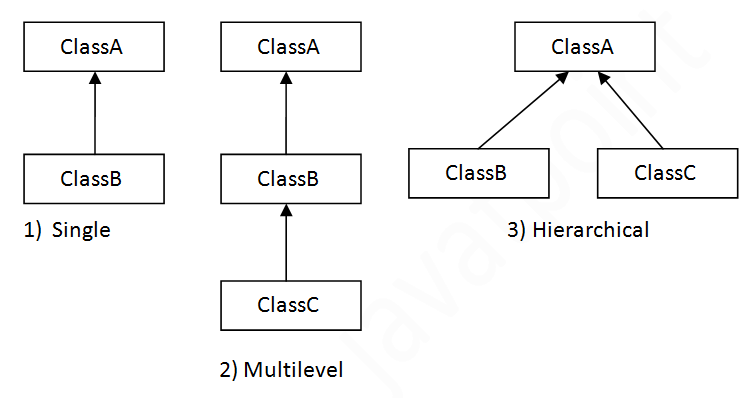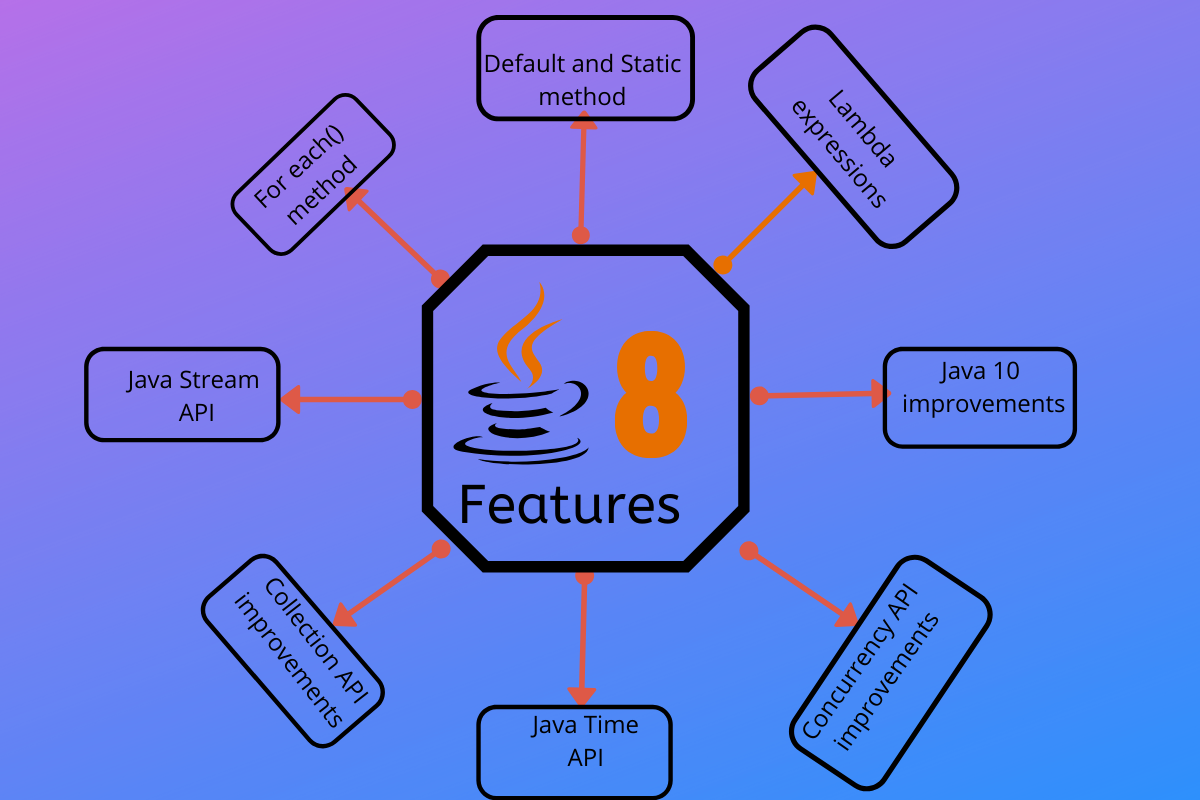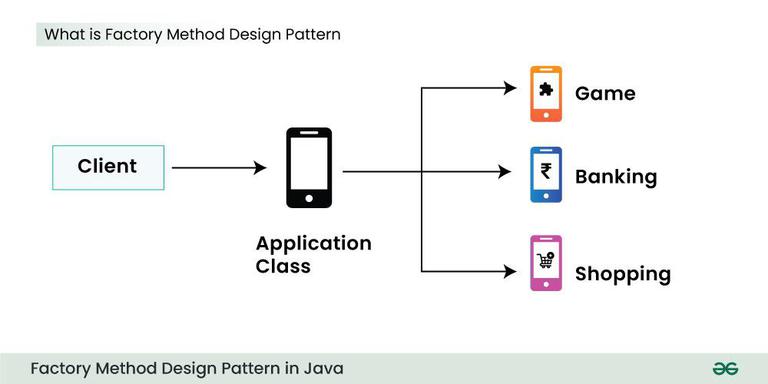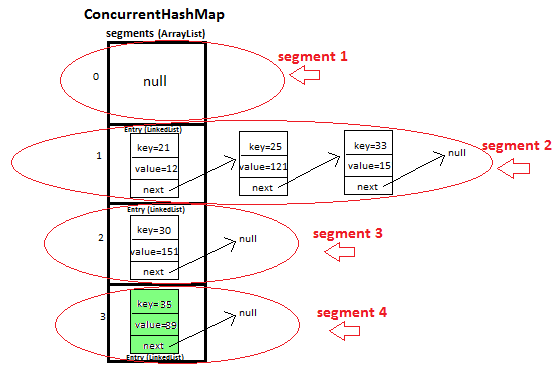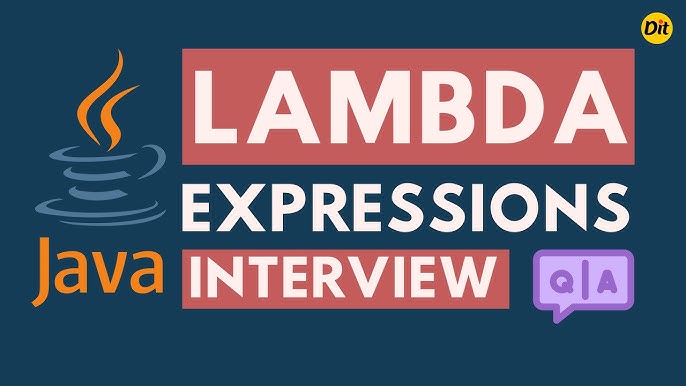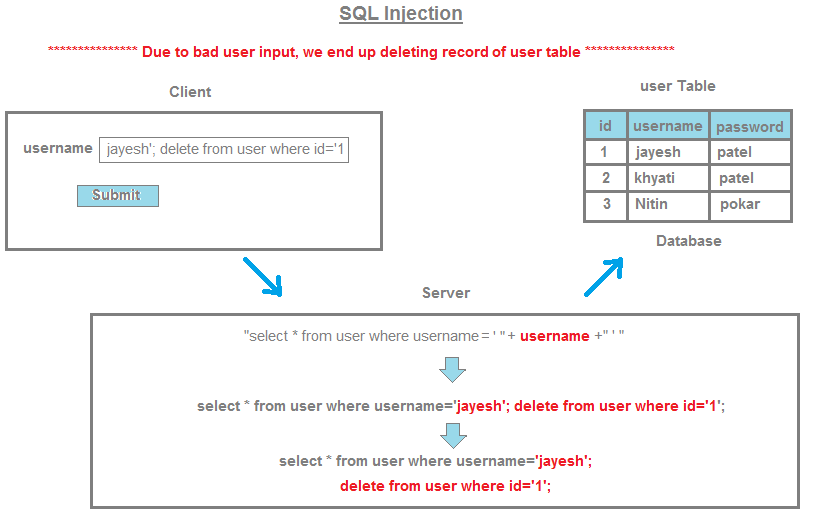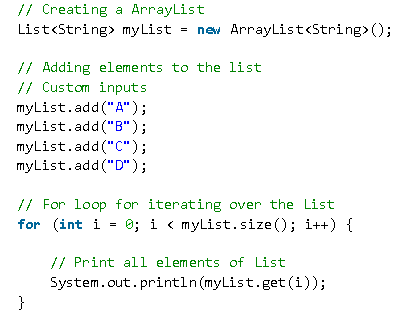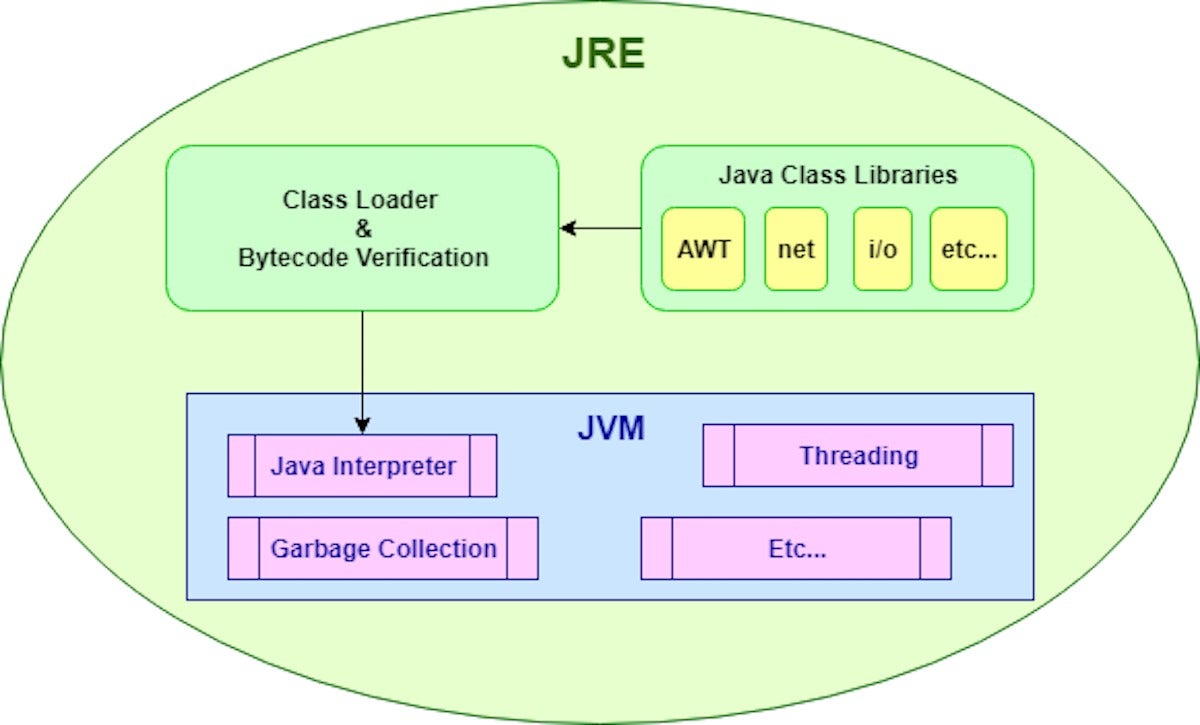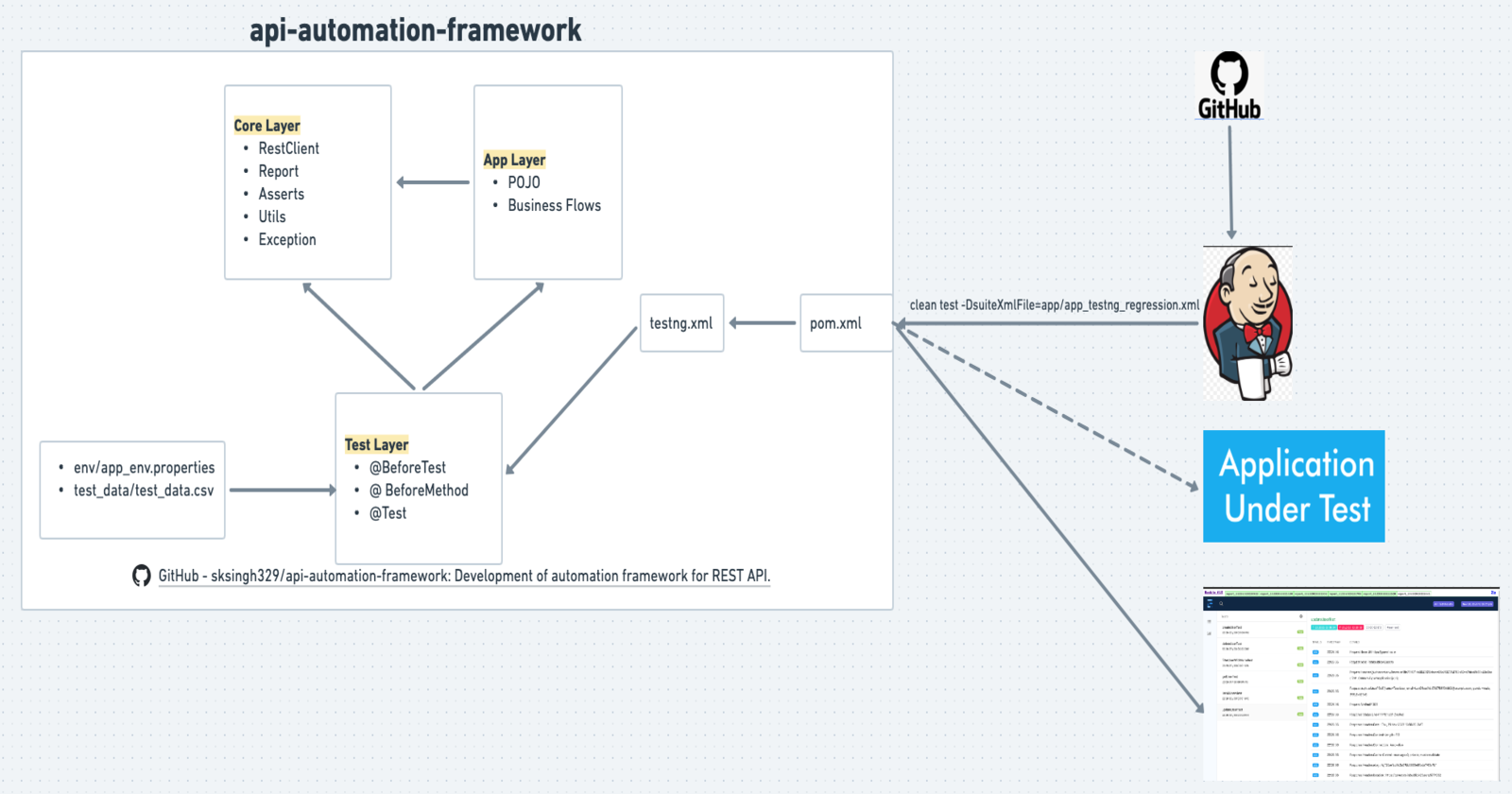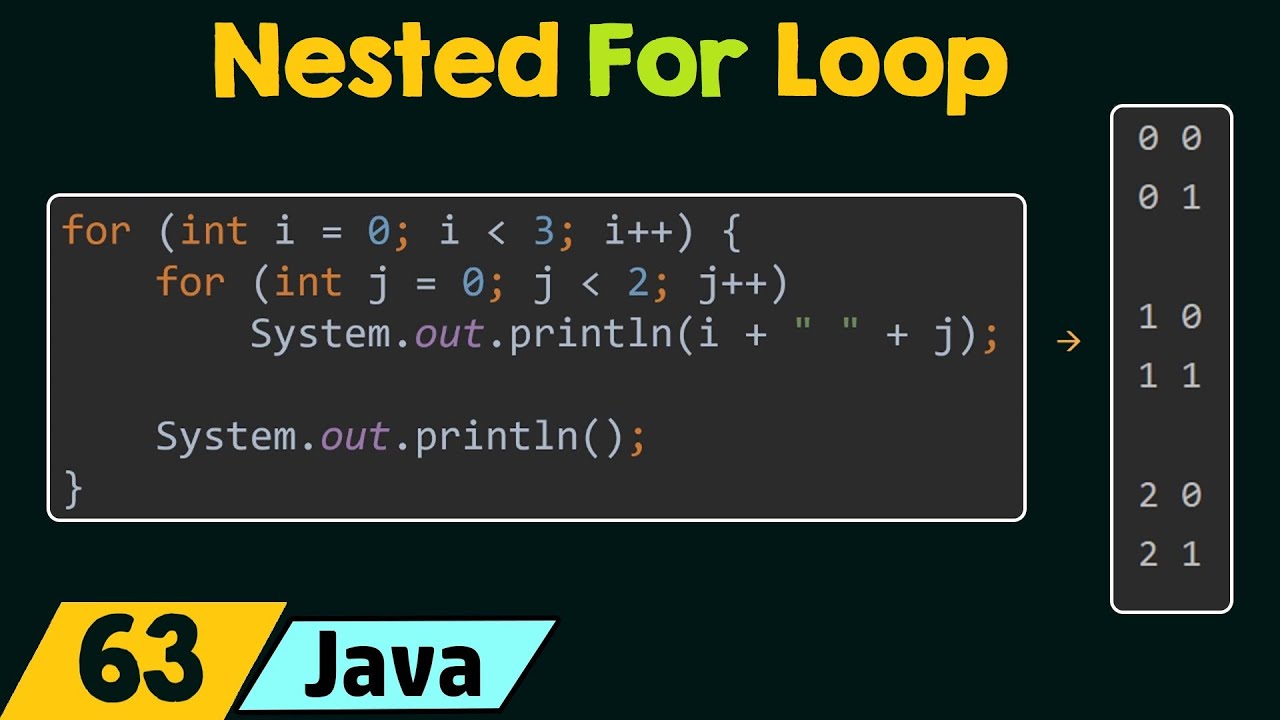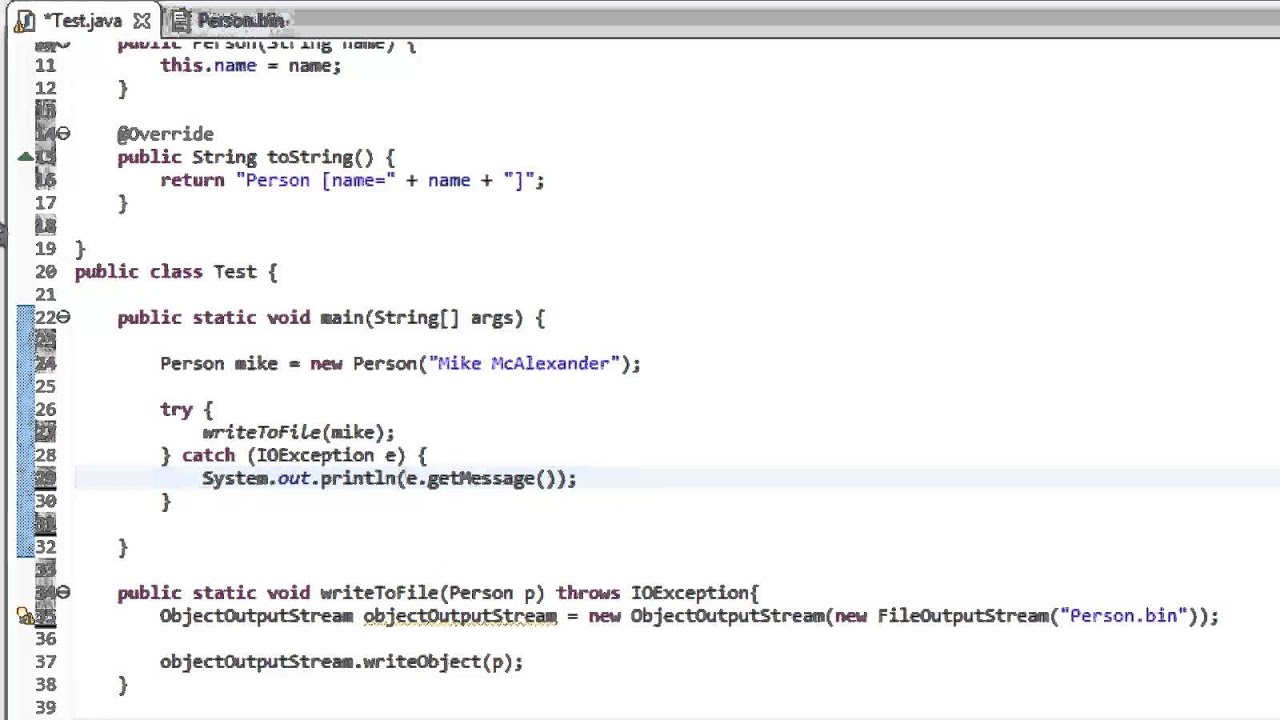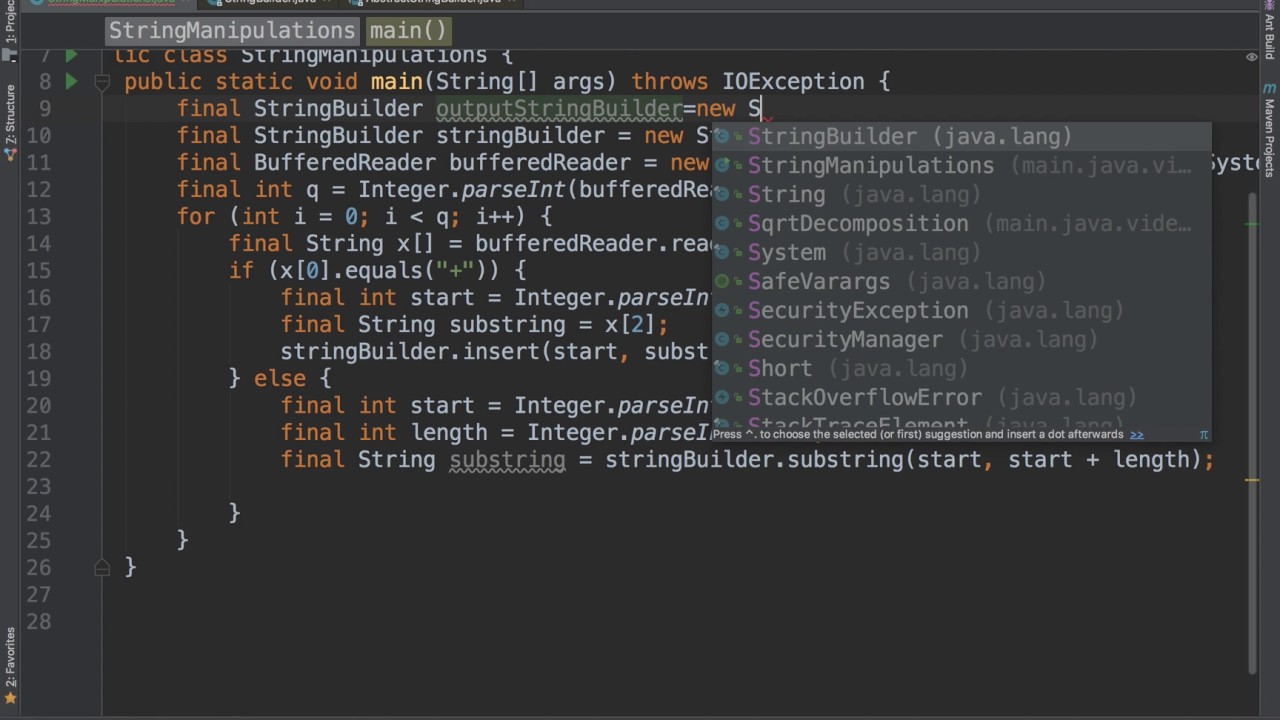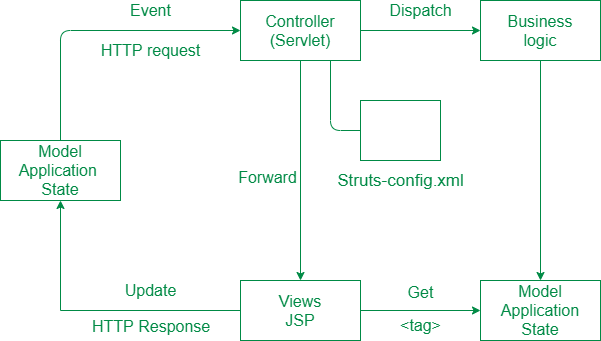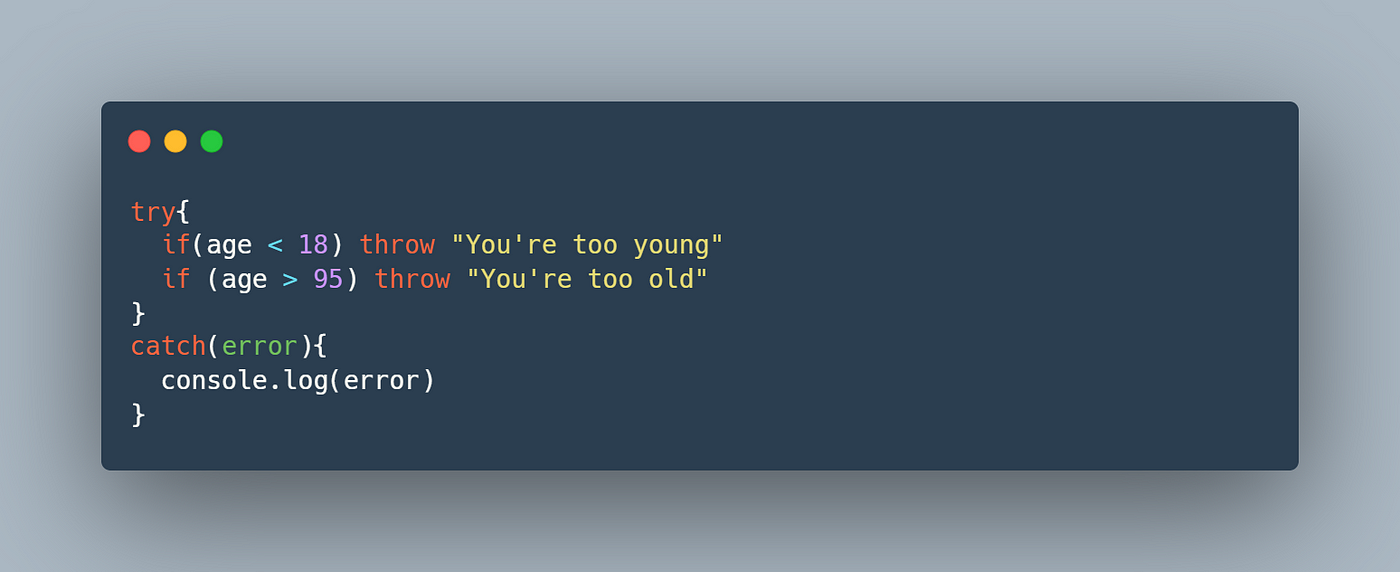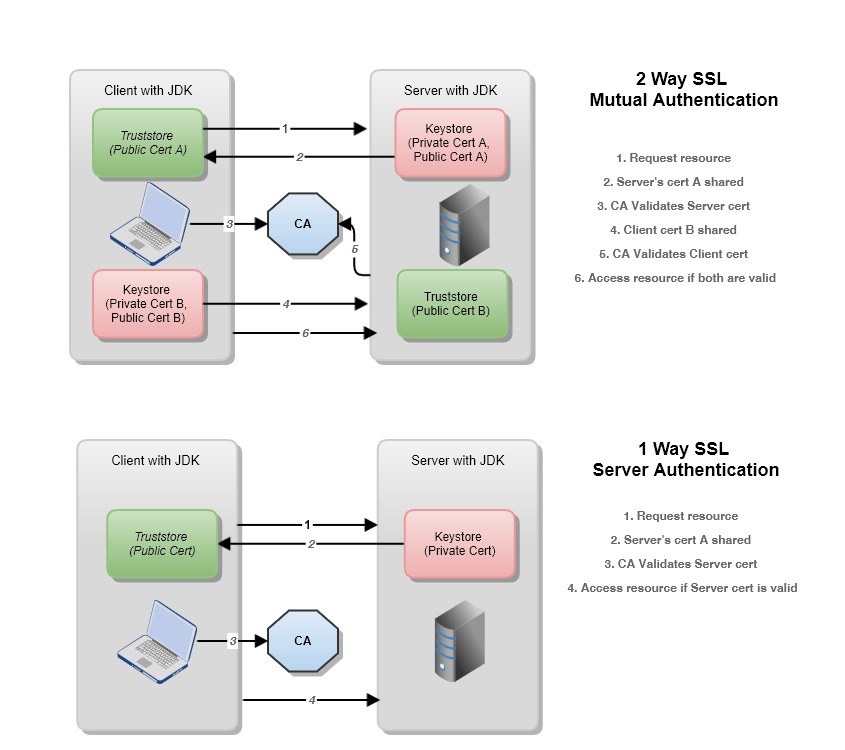Is Java foreach thread-safe?
Is Java foreach thread-safe?
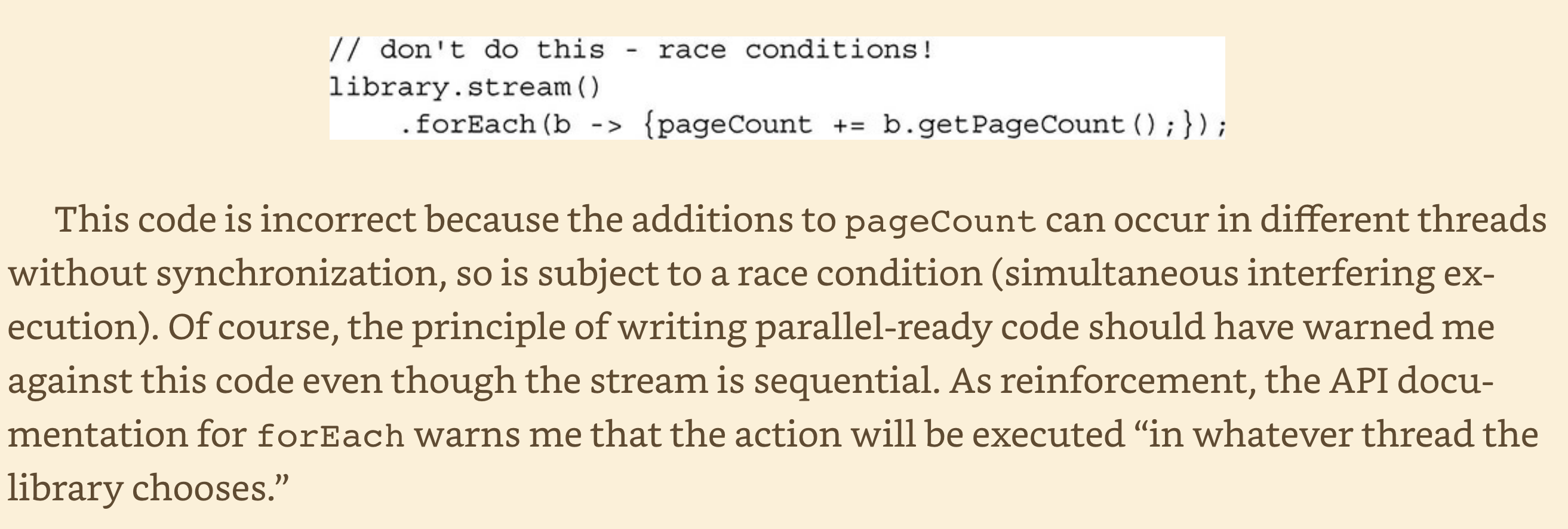
Java's foreach loop is designed to iterate over a collection of objects and perform an operation on each object without explicitly writing a loop using indices or iterators. However, the question remains whether this construct is thread-safe.
Thread-safety refers to the ability of a piece of code to operate correctly in a multi-threaded environment, where multiple threads may access shared resources simultaneously. In Java, the foreach loop uses an iterator (specifically, a ListIterator for lists or a Map.Entry for maps) to traverse the collection.
From a thread-safety perspective, there are two key aspects to consider:
Iteration: Theforeach loop itself is not inherently thread-unsafe because it only iterates over a snapshot of the collection at the time the loop begins. This means that each iteration sees the same version of the collection, and any changes made by other threads during the iteration will not be reflected until the next iteration. Modification: However, when modifying the collection (e.g., adding or removing elements) while iterating over it using foreach, thread-safety concerns arise.
In Java, most collections are not designed to be concurrently modified and iterated over simultaneously. Attempting to do so can lead to unexpected behavior, including:
Concurrent Modification Exceptions: When one thread tries to modify the collection while another thread is iterating over it. Inconsistent state: The iteration may see a partially modified collection, leading to incorrect results or exceptions.To ensure thread-safety when using foreach on collections that are being concurrently modified:
In conclusion, while Java's foreach loop itself is not inherently thread-unsafe, it's essential to consider the potential risks of modifying a collection during iteration and take measures to ensure thread-safety in your application.
How many threads can Java handle?

Java is designed to handle multiple threads, which enables it to run more efficiently and make the most of available computing resources. The number of threads that a Java program can handle depends on various factors, including the size of the heap space, the amount of memory available to the JVM (Java Virtual Machine), and the capabilities of the underlying hardware.
In general, Java is designed to support thousands of threads, not just hundreds. In fact, it's common for large-scale server-side Java applications to handle tens of thousands or even millions of concurrent users. This is because each user session can be handled by a separate thread, allowing the application to scale horizontally and efficiently serve a large number of requests.
To illustrate this, let's consider a simple example. Suppose you have a Java web application that handles customer requests from an e-commerce site. Each request can be processed independently, and there's no inherent reason why they cannot all be handled concurrently by different threads. In fact, this is exactly what Java is designed to do!
In this scenario, it's not uncommon for the application to handle tens of thousands or even hundreds of thousands of concurrent requests. If each request takes an average time to process, say around 10-15 milliseconds, you can calculate that the total throughput would be in the range of 100,000 to 200,000 requests per second. That's a lot of concurrent threads!
Now, it's important to note that there are some limits to how many threads Java can handle. For example:
The JVM has a limited amount of stack space available for each thread, which means that you won't be able to create an infinite number of threads.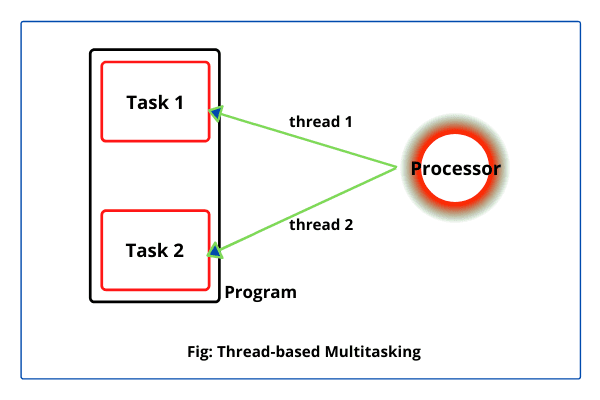
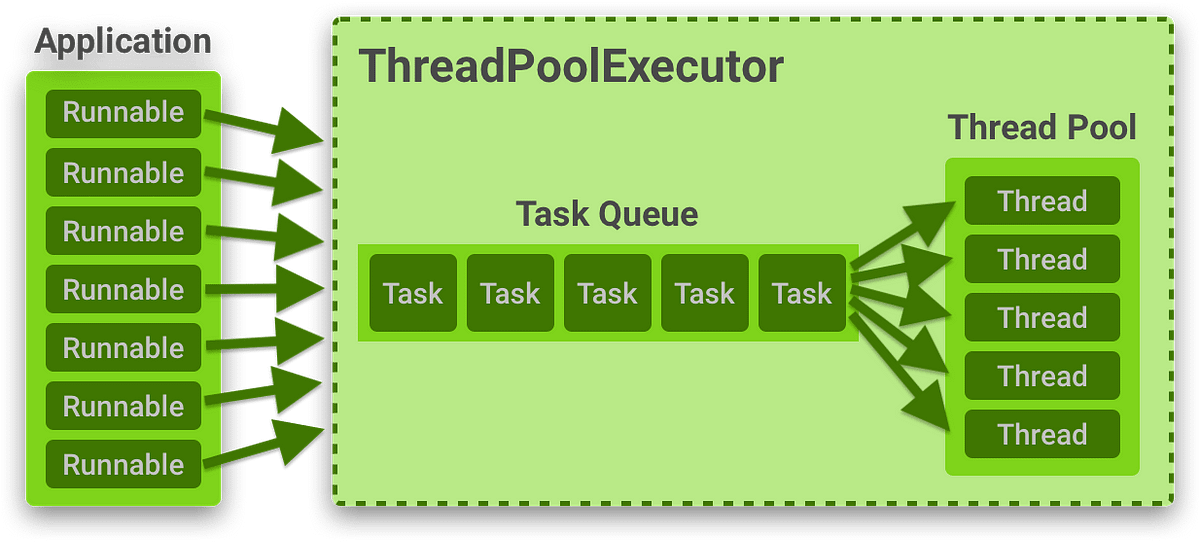
In practice, these limits tend to kick in at much higher thread counts than you might initially think. For example, a typical 64-bit JVM has a stack size of around 512KB or more per thread, which means that it can support thousands of threads without running out of memory.
To give you an idea of just how many threads Java can handle, here are some rough estimates based on publicly available information:
The Oracle JDK (Java Development Kit) supports up to 64K threads. The OpenJDK and Azul Zing JVMs (Just-In-Time compilers) support even more - around 100K-200K threads. Some high-end Java-based cloud platforms, like Amazon's Elastic Compute Cloud (EC2), can reportedly handle tens of thousands of concurrent user sessions.Of course, these estimates are rough and based on publicly available information. In reality, the actual number of threads that a Java application can handle may vary depending on many factors, including the specific JVM implementation, hardware configurations, and application workload patterns.
In summary, while there are some theoretical limits to how many threads Java can handle, they tend to kick in at much higher thread counts than you might initially think. In general, Java is designed to support thousands of threads, making it well-suited for large-scale, concurrent applications that require high levels of scalability and throughput.
